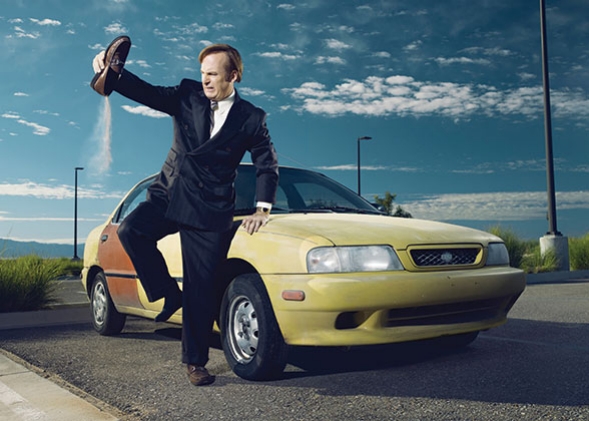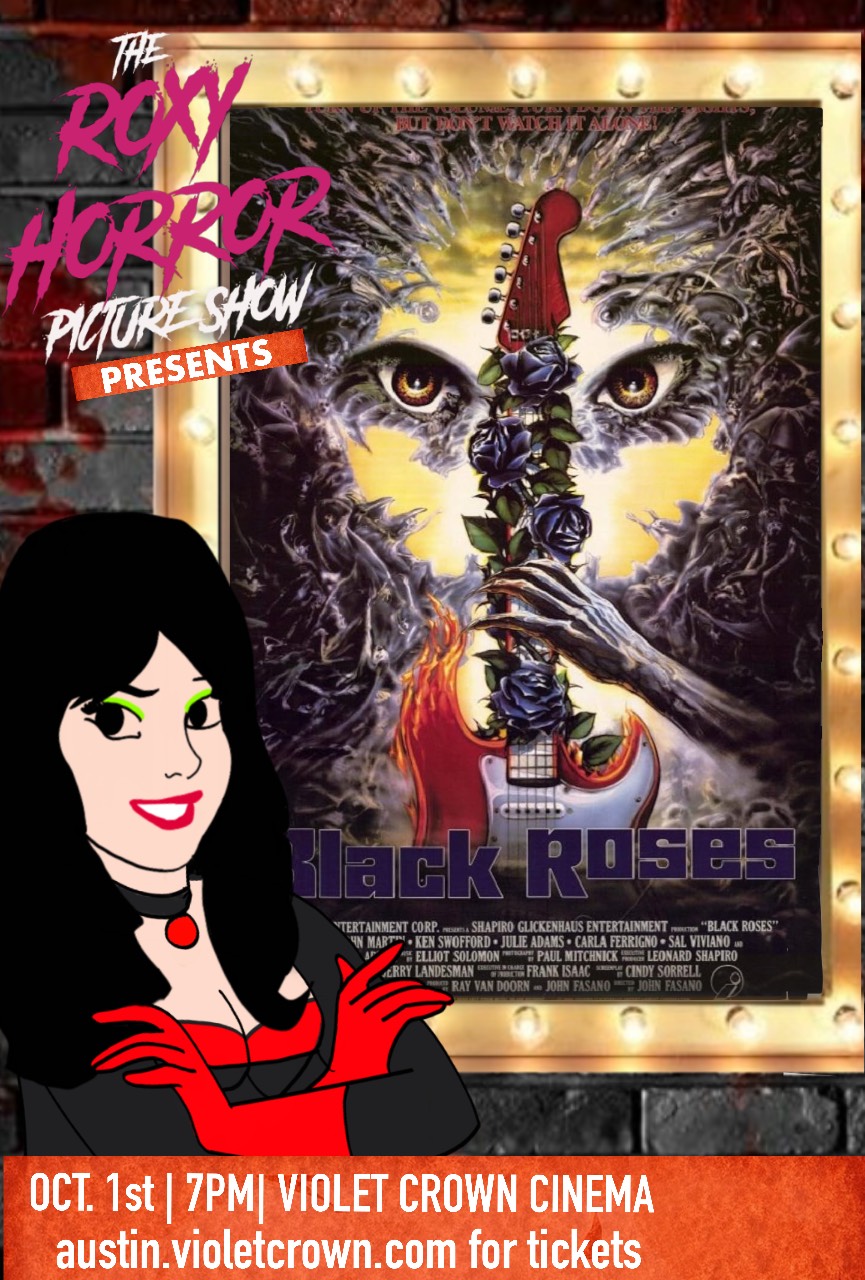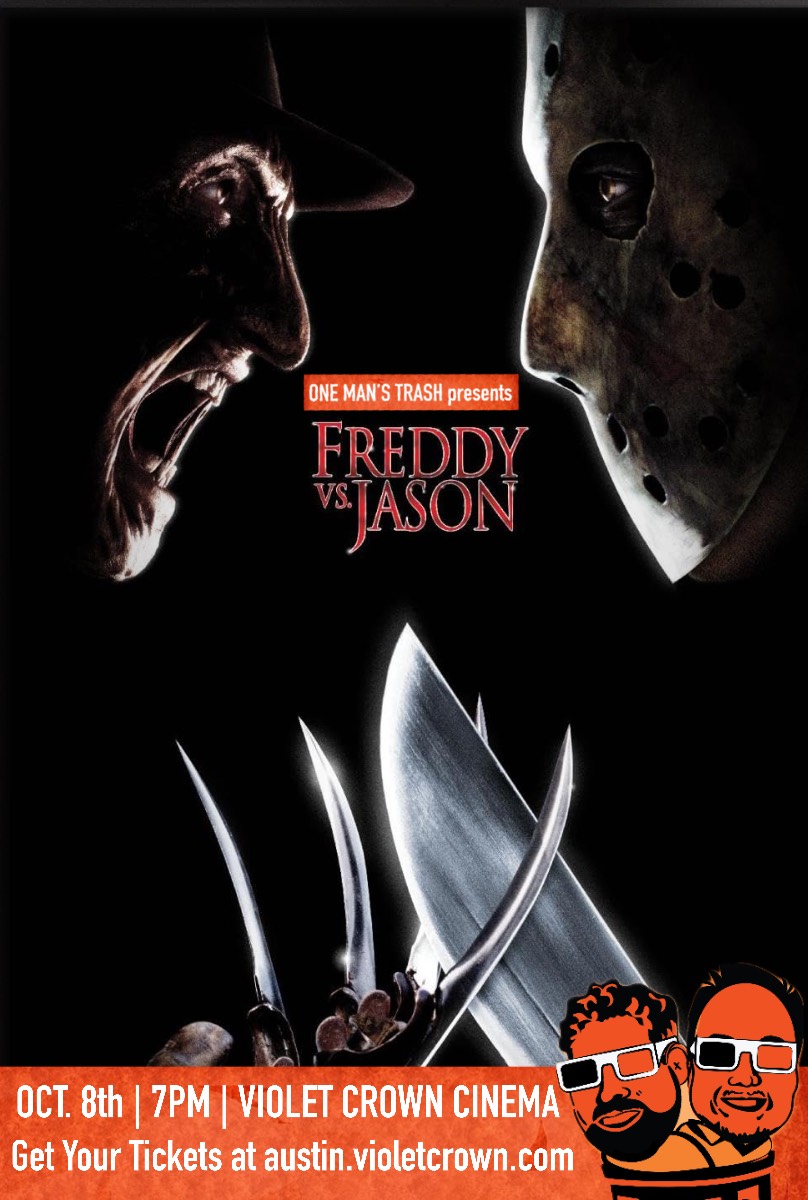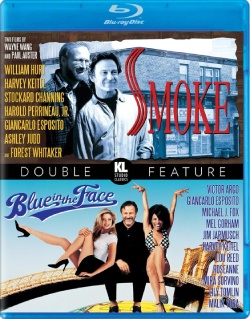Better Call Saul broke cable history with it’s two night debut on February 8th and 9th garnering a combined total of 15.6 million viewers, 9.7 million in adults 18-49 and 9.1 million in 25-54 demographic. Without a doubt, Vince Gilligan has created another runaway hit for AMC similar to the impact Boardwalk Empire had on HBO a few years ago. And this world of crime in Albuquerque isn’t going away anytime soon, as Season 2 was confirmed before the show premiered and is prepared to air early 2016. But has Vince and co-showrunner/writer Peter Gould repeated the same formula for quality?
Taking my role of the Animated Anarchist aside, Breaking Bad is my favorite television show of all time. The sheer level of craftsmanship, character development, and every aspect from technical to storytelling is impeccable and pure. Every season ratcheted up the tension wonderfully and somehow the near-impossible standards were surpassed with every new plot twist or unraveling scene. The tale of Walter White will live on as one of the best morality dramas ever and despite how horrible everything ended up, it was worth it every step of the way. I even pushed to publish an article about the show’s influence in my college newspaper because I was so passionate about the program coming to an end.
High standards, aren’t they? When I heard about Better Call Saul, I was pretty easily skeptical, but my concerned eased when I found out the show would be a prequel. This story of corruption and meth distribution in the Albuquerque desert has a surprising amount of scale that expands beyond what we watched in Breaking Bad. Saul was integral to making the show so incredible, by adding some much needed levity when moments got really heavy and providing clever, legal answers as Walt’s operation became bigger than just an RV. And when Vince Gilligan first introduced the character in Season 2, he mentions a very unique part of his back story and personality:
“My real name’s McGill. The Jew thing I just do for the homeboys. They all want a pipe-hitting member of the tribe, so to speak.”
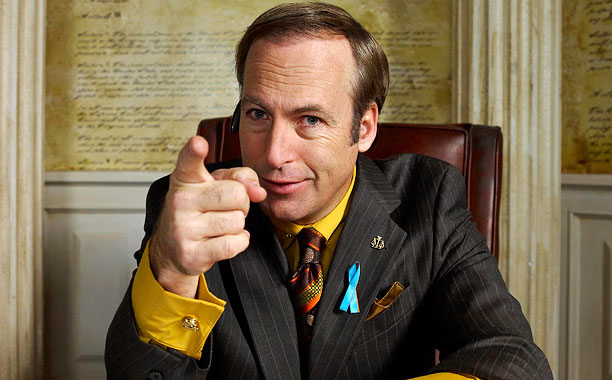
Better Call Saul has a interesting premise, focusing on the smart-talking, unlucky Jimmy McGill who is trying to balance his precarious lifestyle of taking care of his lawyer brother and work as a public defendant. As he’s adjusting to making a more honest living, he’s frustrated at the lack of money from working on hopeless cases and being belittled by competitor’s from his brother’s lawfirm: Hamlin, Hamlin & McGill. To get one huge case, he elaborates a large scam with two skateboarders to get money from a husband and wife who embezzled money from public office. But this attempt to create one big snafu leads him into a Hydrofloric Acid Barrel worth of trouble, by accidentally getting early Breaking Bad villain Tuco Salamanca involved.
I decided I would review the series after three episodes because most shows tend to break away from the pilot. For a dramatic, hour-long series, three episodes is a good litmus test to know what the show is aim for tonally and what the central plot is going to be. With Breaking Bad, I was floored from everything that happened in first episode, but I knew I couldn’t stop watching after seeing tense, dramatic bike lock scene from “…And the Bag’s in the River.” Yet with Better Call Saul, I’m not 100% sold yet on where the show’s going. Although it can’t compare to Breaking Bad for now, it still stands a good show to pay attention to.
What has stayed from the transition between the two series is the astounding sense of direction. Vince Gilligan along with the work of Breaking Bad directors such as Michelle MacLaren (“Abiquiu”/”Salud”) and Terry McDonough (“Better Call Saul”/”Bug”) make every moment in Better Call Saul compelling to watch. Scenes of Bob Odenkirk driving in his crappy car to covering the sterile nature of the courtroom always feel dynamic and they can capture so many moods no matter what’s happening. They still remain the kings of montages too, as the process of Jimmy taking court case after court case during episode 2 may be my favorite segment of the show so far, and it’s easily the best episode out of the three.
Unfortunately, Better Call Saul only has so much range by being a prequel. As much as I love Bob Odenkirk being charismatically slimy as Jimmy McGill, there appears to be a limit to how much great material you can write for him. I enjoy all of his scenes where he talks to character like Tuco and Mike Ehrmantraut that display Odenkirk’s range of linguistic gymnastics. Yet for a show that has all this great content and potential, the three episodes feel packed with filler when trying to develop a lot of the new side characters.
I don’t get exactly why they wrote this subplot in for Jimmy’s brother Chuck, who is currently staying home on sick leave because he believes he has developed “electromagnetic hypersensitivity” from a mental breakdown. Most of the conversations with this character feel repetitive and unnecessary as they keep conveying that he is sick and paranoid about the use of electronics. In feels like they wanted to create an unusual reason for Jimmy McGill to be bad off financially, but it does not have that same level of craftsmanship to make it compelling or interesting.
Although I enjoyed Jimmy (It’s getting really difficult to call him that instead of Saul, despite the name of the show) working with both the moral and shady aspects the law, there isn’t a lot of consistency to his character. We know he’s going to end up as his the lawyer king of the strip mall, but the journey there feels uncertain due to his inconsistent morals. The writers are trying to make him do everything at once including several sympathetic angles, but he’s ultimately motivated by money. As a viewer, all of his extenuating circumstances are just dropped onto our laps. There isn’t a slow descent into morally ambiguous territory; I’m just watching Bob Odenkirk spin plates on sticks trying to recapture the scientific genius of Breaking Bad.

Thankfully, I believe Better Call Saul has shown all the footage we’ve recognized in the trailers amongst these three episodes so we should get some development back to a more concrete direction. You could even argue Breaking Bad’s first season can be slow or is filled with unlikable characters that don’t have much dimension at first like Skylar or Marie. But for Better Call Saul, the issues are unavoidable because it ends up being middling or banal when something super dramatic isn’t happening. We love the developments and the set up, but the execution is currently questionable.
Despite my issues, I still have plenty of faith in the show. These are all issues that can be solved over time or with better development later on. So far, there hasn’t been any major break in continuity and there’s still plenty of meat to chew on. Hell, I imagine we’re all in anticipation for the next familiar face to pop up. Hopefully it’ll be someone entertaining like Matt Jones as Badger, or the glorious, intense return of Giancarlo Esposito as Gus Fring. Everything technical to make the show incredible is there, but they just haven’t used the right catalyst yet.
My Arbitrary Rating for the First 3 Episodes of Better Call Saul: 7.5 out of 10 Reduced Sentences.
What are your thoughts on Better Call Saul? Think it’s just as amazing as Breaking Bad or do you lean more with the unimpressed crowd? Leave a comment below, as you’ll probably see a full review for the season later!



